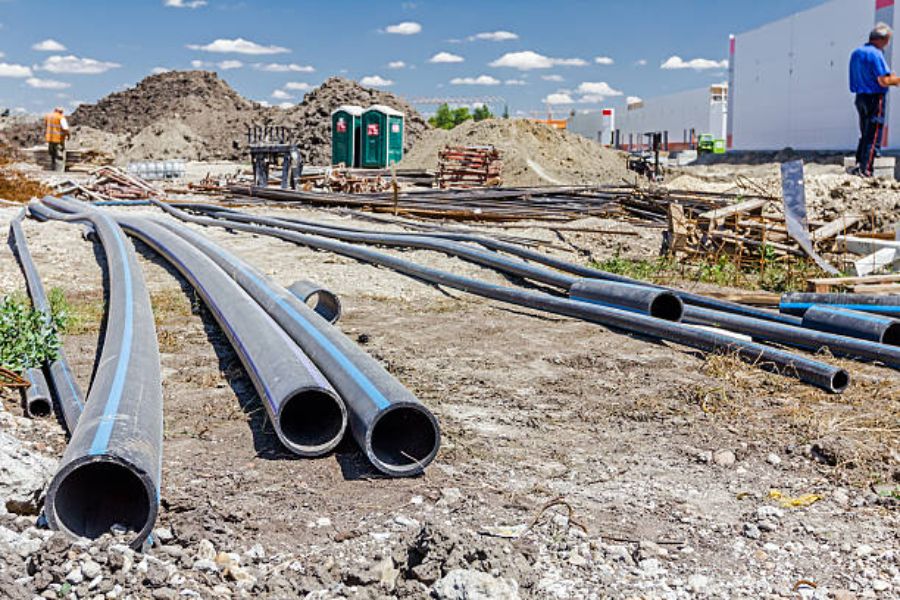What is CPVC?
CPVC, or chlorinated polyvinyl chloride, is a thermoplastic pipe and fitting material that is commonly used for plumbing applications. It is known for its versatility, durability, and resistance to corrosion.
Is CPVC Safe for Drinking Water?
CPVC is approved for use with drinking water by national and international standards, including the National Sanitation Foundation (NSF) and the American Society for Testing and Materials (ASTM). Its chemical composition and structure make it safe for transporting potable water.
Benefits of Using CPVC for Drinking Water
CPVC pipes and fittings are lightweight, easy to install, and resistant to corrosion. They also have a smooth interior surface that helps maintain water quality and flow rate. Additionally, CPVC does not leach harmful chemicals into the water, making it a safe choice for drinking water systems.
Installation and Maintenance
When installing CPVC pipes for drinking water, it is important to follow manufacturer's guidelines and ensure proper joint connections. Regular maintenance, such as inspecting for leaks and monitoring water pressure, can help prevent issues and extend the lifespan of the system.
Comparing CPVC to Other Materials
Compared to other piping materials like copper or PEX, CPVC is more cost-effective and easier to install. It also has a higher temperature and pressure tolerance, making it suitable for a variety of applications including hot water systems.
Common Concerns and Misconceptions
Some individuals may have concerns about the safety of CPVC for drinking water due to its chemical composition. However, extensive testing and research have shown that CPVC is safe and does not pose any health risks when used for potable water.
Environmental Impact
CPVC is a recyclable material, which makes it an environmentally friendly option for plumbing systems. By choosing CPVC for drinking water applications, homeowners can reduce their carbon footprint and contribute to sustainability efforts.
Regulations and Standards
CPVC pipes and fittings must meet specific regulatory standards to ensure they are safe for use with drinking water. It is important to purchase CPVC products that are certified by reputable organizations and comply with industry guidelines.
Long-term Durability
CPVC pipes have a long lifespan and are resistant to scaling, corrosion, and chemical reactions. With proper installation and maintenance, CPVC systems can provide reliable performance for many years, making them a cost-effective choice for drinking water applications.
Conclusion
In conclusion, CPVC is a safe and reliable material for transporting drinking water. Its numerous benefits, including cost-effectiveness, durability, and environmental sustainability, make it an excellent choice for residential and commercial plumbing systems.
Quote Inquiry
Contact us!

